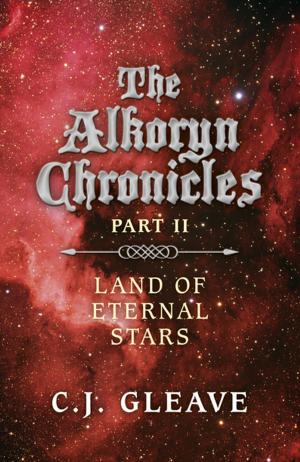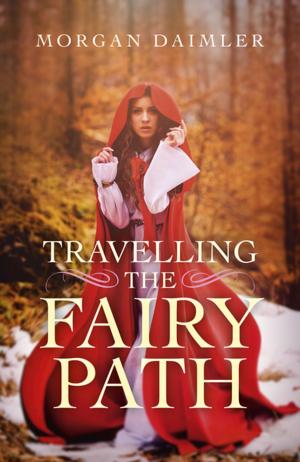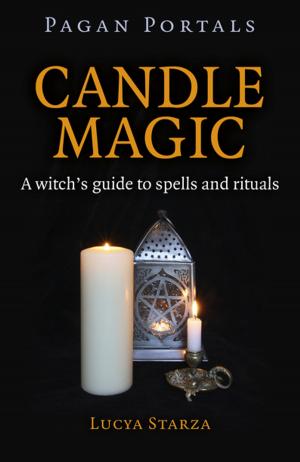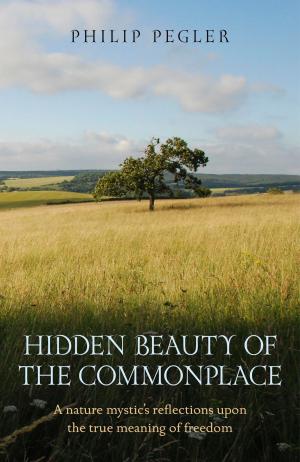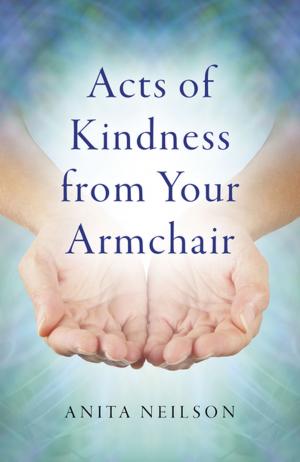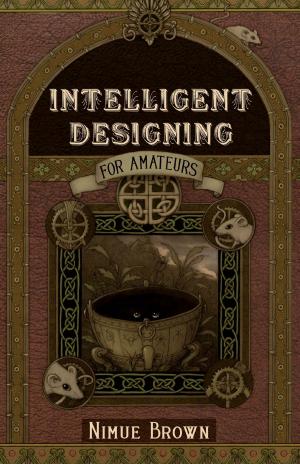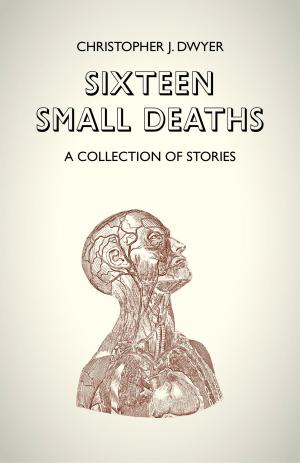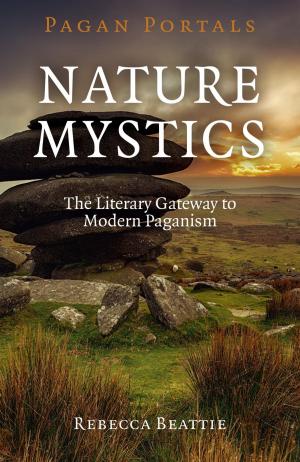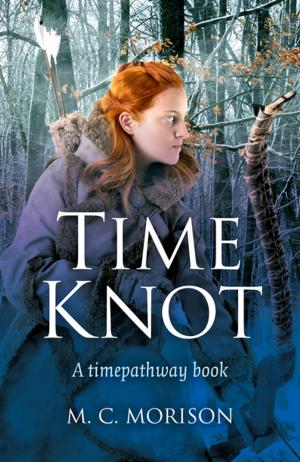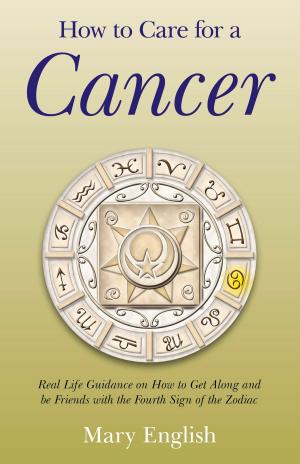Myths of the Afterlife Made Easy
Nonfiction, Health & Well Being, Self Help, Mental Health, Death, Grief, Bereavement| Author: | Annamaria Hemingway | ISBN: | 9781846948930 |
| Publisher: | John Hunt Publishing | Publication: | June 16, 2011 |
| Imprint: | John Hunt Publishing | Language: | English |
| Author: | Annamaria Hemingway |
| ISBN: | 9781846948930 |
| Publisher: | John Hunt Publishing |
| Publication: | June 16, 2011 |
| Imprint: | John Hunt Publishing |
| Language: | English |
Almost every religious mythology contains the primordial motif of death and rebirth and portrays the posthumous journey of the deceased following death. Myths of the afterlife exist in all cultures, including that of the ancient Greeks and Egyptians, Babylonians, Romans and Celts and continue to manifest in living faiths such as Hinduism, Buddhism, Judaism, Christianity and Islam. Although human consciousness has evolved over time, the mystery of death remains beyond rational perception and gives rise to feelings of anxiety and uncertainty. Inquiring whether death may be a transition to rebirth requires looking back into the universal language of myth, which symbolizes the germ of life existing in an afterlife state. As will be shown, this ancient model of the otherworldly journey and resurrection continues to appear in the near-death experience.
Almost every religious mythology contains the primordial motif of death and rebirth and portrays the posthumous journey of the deceased following death. Myths of the afterlife exist in all cultures, including that of the ancient Greeks and Egyptians, Babylonians, Romans and Celts and continue to manifest in living faiths such as Hinduism, Buddhism, Judaism, Christianity and Islam. Although human consciousness has evolved over time, the mystery of death remains beyond rational perception and gives rise to feelings of anxiety and uncertainty. Inquiring whether death may be a transition to rebirth requires looking back into the universal language of myth, which symbolizes the germ of life existing in an afterlife state. As will be shown, this ancient model of the otherworldly journey and resurrection continues to appear in the near-death experience.


